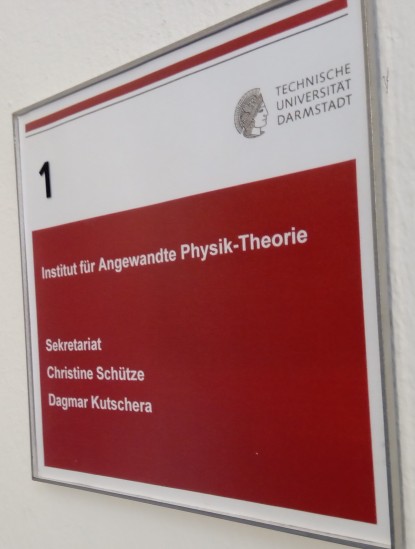Welcome to the Theoretical Quantum Physics Group
The research activities of the Theoretical Quantum Optics group concentrate on quantum optics and quantum information theory. Quantum optical systems allow to realize basic protocols of quantum information processing, such as quantum communication or quantum simulation. Quantum information theory sheds new light on fundamental questions of quantum theory, such as the relation between genuine quantum correlations and classical local realism or decoherence and quantum measurement. Explore this website for further information about the Theoretical Physics Group and our research and teaching activites.





